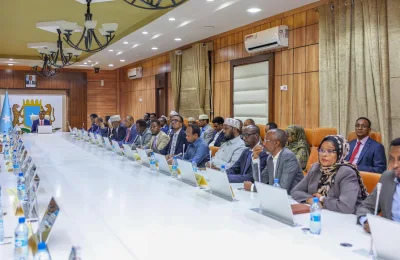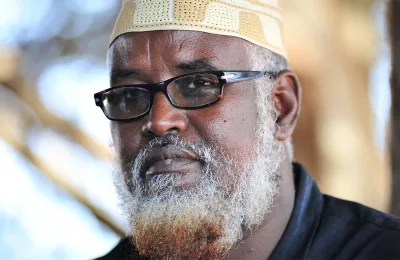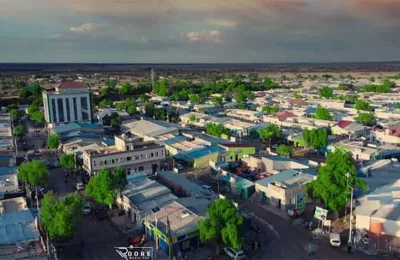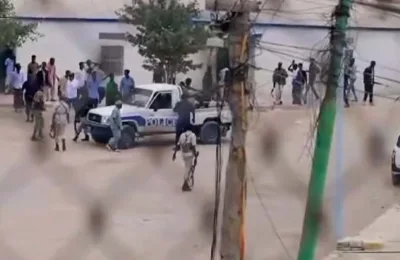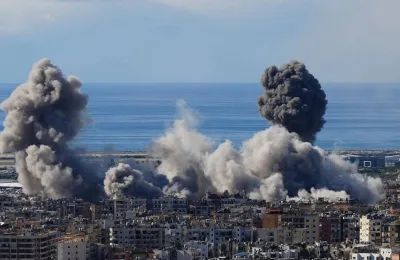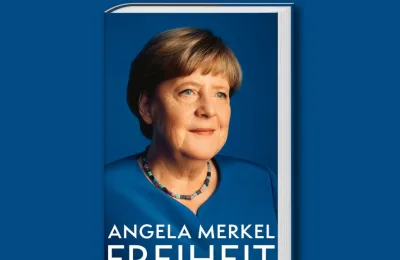The Media Association of Puntland (MAP) welcomes the release of Omar Said Mohamed, a board member…
 The Media Association of Puntland (MAP) welcomes the release of Omar Said Mohamed, a board member of MAP and an editor of Horseed media, who was released on bail yesterday, August 12. Nugaal Region’s first grade court freed Omar on bail while instructing that Puntland officials behind the arrest of the journalist to deliver to court sufficient proof for the case to go to trial not later than the next 72 hours.
The Media Association of Puntland (MAP) welcomes the release of Omar Said Mohamed, a board member of MAP and an editor of Horseed media, who was released on bail yesterday, August 12. Nugaal Region’s first grade court freed Omar on bail while instructing that Puntland officials behind the arrest of the journalist to deliver to court sufficient proof for the case to go to trial not later than the next 72 hours.
Following his release , Omar spoke at a press conference held at MAP’s head quarter office in Garowe and said: “I was forcefully taken by heavily armed police and wasn’t informed on who and why I was arrested, For the days in prison I wasn’t taken to court for trail and until now I still don’t know what my charges are!”
“The release of Omar, a devoted MAP member, is a relief for the whole journalism community in Puntland and Somalia,” said MAP chair Faisal Khalif. We still remain concerned the fact that Omar is released on bail, “We will continue to fight against the targeting and persecution of journalists and their Association members by the Puntland authorities and any other government branches that tries to gag critical voices and media independence in Puntland’’
The MAP secretary General, Fatima Mohamed Mohamud, who spoke at the gathering thanked all those media individuals, human right groups and the media organisation who stood up in solidarity with MAP’s efforts while seeking justice for the unjustly arrested Journalist Omar Saed Mohamed.
Fatima Mohamed Mohamud said “We managed to keep the case of Omar on all regional and international agendas. The pressure from fellow journalists, member organisations, and international media watchdogs, including the statements from Committee to protect journalists (CPJ), Reporters without borders have been of a major contributions that led to Omar’s release, thank you for joining us”, noted MAP’s secretary general.
Appeal to #StopImpunity: Government officials paranoid about journalists must stop crackdown against the independent media
Pressure on Puntland’s media is nothing new, however, the ambiance of intimidation and violence against journalists has worsened increasingly in recent months. The government has arbitrarily arrested journalists without charges, ordered the closure of media outlets whilst conveying a furious image intended to repress the free flow of information and to instill fear in other media.
Recently, Ahmed Ali Kilwe, an online journalist and founder of Puntland one was arrested in Garowe on the July 02, 2017, by the Puntland counter-terrorism police with directives from the Puntland President on allegations of “posting articles impertinent” to the Puntland President. Ahmed’s arrest came without charges, stayed in prison for 12-days and was later released with no explanations.
A serious note that MAP has alarmed and called for the government to investigate the reported seizure and search of Ahmed’s phone while in prison by the security forces, no steps have been taken by the government to date.
The Media Association of Puntland has expressed outrage by the way Kilwe has been treated, let alone the illegality of his arrest. The allegations on seizure of Kilwe’s phone is not acceptable and a tarnished act that violates the individual dignity of property ownership, undermines Kilwe’s privacy, puts his sources at risk and violates the very basic civil right and a deliberate stab at the heart to the fundamental human right of Freedom of Expression
The recent routine of violence against journalists does enormous harm to freedom of information by inducing journalists to limit themselves from reporting subjects as corruption, government dysfunctions and human rights violations in Puntland among others.
MAP calls on Puntland’s Administration to stop intimidating and harassing journalists and journalism work in Puntland.
Journalism is the act of bringing information and opinion into the public arena. It provides a platform for discussion across a range of issues pertaining to development, such as environment, science, gender, youth, peace, poverty and participation. Only when journalists are free to monitor, investigate and criticize a society’s policies and actions can good governance take hold.
For a number of years now, Somalia has had the dubious distinction of being among the most “dangerous countries” for journalists in the world, according to national and international watchdogs monitoring freedom of expression.
The Somali media remains challenged by censorship, intimidation, harassment, unlawful detention, imprisonment and mysterious assassinations bearing the hallmarks of extremism and political instigation.
Horseed Media 2017

